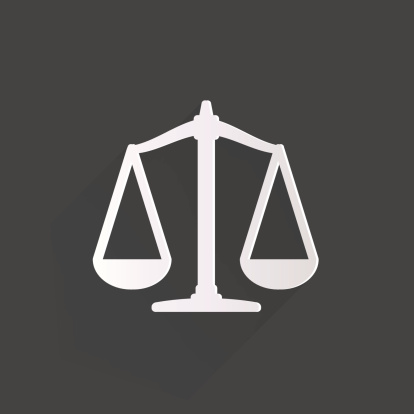By Cliff Ennico
Each year around this time I write an update for Advising eBusinesses, my one-volume handbook on Internet law designed for lawyers who represent online businesses (http://legalsolutions.thomsonreuters.com/law-products/Treatises/Advising-eBusinesses-2014-2015-ed/p/100388427). As part of this update, I list what I consider to be the ten most significant developments in Internet law over the past year. I devoted last week’s column to four of these developments.
Here are the rest of this year’s selections:
Uniform Fiduciary Access to Digital Assets Act (UFADAA). What happens to your digital assets when you die or become disabled? In July 2014, the National Conference of Commissioners on Uniform State Laws, a highly influential nonprofit organization of legal professionals, published the “Uniform Fiduciary Access to Digital Assets Act” (“USADAA” for short). So far only Delaware has adopted the USADAA, but it is being introduced in many state legislatures this fall and is likely to be adopted by most states within the next year.
The USADAA does not determine how your digital assets will be disposed of when you die – that is left to traditional trusts and estates law. So, for example, if you die intestate (without a will), your digital assets will be distributed to your heirs under your state’s intestacy law, the same as your physical assets.
What the USADAA does do is enable your fiduciaries to access your digital assets upon your death, so that they can dispose of them as the law requires or as you designate in a will, living trust, or similar document. In addition to executors, “fiduciaries” include:
- Conservators appointed by a court to handle your affairs if you are mentally incapable of doing so; and
- Agents under a general power of attorney (although there are some restrictions here – under USADAA an agent cannot view the content of your e-mails without a specific instruction in the power of attorney to do so).
The text of the USADAA can be found online at www.uniformlaws.org.
The Lexmark Case. In Lexmark International, Inc. v. Static Control Components, Inc., a fraudulent advertising case, the U.S. Supreme Court ruled against a computer printer manufacturer which, in an effort to ensure that customers used only its branded toner cartridges in its printers, published advertisements claiming that it was illegal to use refillable cartridges made by other manufacturers for use with its printers.
The Aereo Case. In American Broadcasting Companies v. Aereo, Inc., the U.S. Supreme Court ruled that a “DVR as a service” company – one which copies television programs broadcast over the airwaves and then streams them to its subscribers a few seconds later – infringed the broadcasters’ copyrights on those programs.
Cyberbullying and “Reverse Porn.” A particular form of cyberbullying is the so-called “revenge porn” posting, where an individual posts sexually explicit photos or other pornographic information about another individual – usually an ex-lover – on a social media website in order to get revenge on them. A number of recent federal cases agreed unanimously that “revenge porn” postings constitute “cyberbullying” prohibited by federal criminal law, and that there is no First Amendment defense to such activity.
The Garcia Case. In Garcia v. Google, a federal appeals panel ruled that an actor’s performance within a film can, under certain circumstances, constitute an independently copyrightable work outside the screenplay and beyond the “work made for hire” doctrine.
Garcia, an actress, gave a short performance in a film in which she, following the author’s screenplay, made remarks that could be construed as anti-Islamic. The film was never made, but her performance caught the attention of another filmmaker who included her performance in an anti-Islamic video called “Innocence of Muslims,” which was posted on YouTube.com and (not unpredictably) went viral. An Egyptian cleric issued a “fatwa” against Garcia and anyone else involved in the production of “Innocence of Muslims”. Garcia sought a preliminary injunction against the use of her performance in the “Innocence of Muslims” video, including its removal from YouTube.com, alleging that “death threats against her were ongoing and serious, she had been forced to take significant security precautions when traveling, and had moved to a new home and relocated her business as a safety measure.”
While understandably wanting to do whatever it could to protect Garcia from physical harm, the federal court took a very creative approach to copyright law and ordered the “Innocence of Muslims” video to be removed from YouTube, explaining that even if the director controlled all aspects of her performance, the actor still imbued her performance with sufficient creativity because she must “live [the] part inwardly, and then give to [her] experience an external embodiment.” Thus, the court found, Garcia owned the copyright in the footage that constituted the manifestation of her performance.
Google Books Litigation. Several recent cases upheld the “Google Books” program – where Google digitally reproduces millions of copyrighted books, making them available for its library project partners to download and displays “snippets” from the books to the public — against allegations of copyright infringement.
Cliff Ennico (www.succeedinginyourbusiness.com), a leading expert on small business law and taxes, is the author of “Small Business Survival Guide,” “The eBay Seller’s Tax and Legal Answer Book” and 15 other books.







